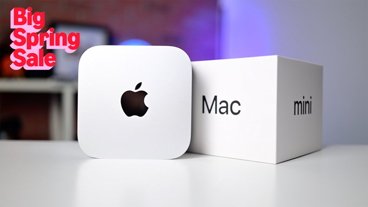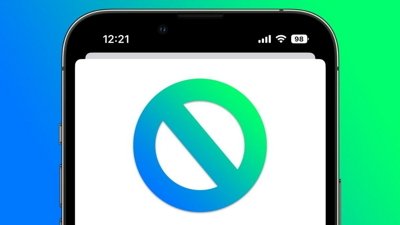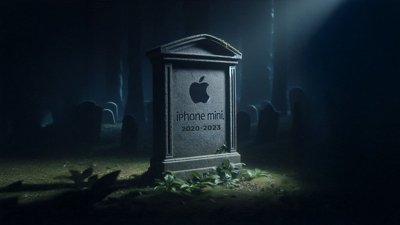As the newly self-proclaimed champ of consumer choice, Apple is reportedly putting the screws to music label giants in an attempt to get equally open treatment for all its songs, and on Monday received apparent help from an unexpected ally.
Though Sony-BMG, Universal, and Warner have all to date successfully resisted calls to end the use of DRM — with Warner CEO Edgar Bronfman infamously questioning the mind of Apple's Steve Jobs for even hinting at the change — the companies now find themselves on the defensive. The iTunes operator is allegedly using the clout gained from the EMI contract to push for DRM-free music when royalties and variable pricing had been the focal points until April.
"EMI struck a deal that puts all of us [negotiators] at a disadvantage," claimed an anonymous executive from one of the holdout labels, who complained that EMI had signed the Apple deal in fear of seeming slow to investors.
The situation was made all the worse on Monday when Britain's paper The Times caught word of a potential Amazon deal that would also have the web retailer sell music without digital padlocks, but choosing MP3 files over Apple's preferred AAC formats.
Taking an even more bullish stance than its prospective rival, Amazon is reportedly drawing on the momentum of the EMI decision in hopes that it can secure ideal terms for its store's May debut — even if it means dropping most major-label music in favor of EMI and independents, as the company doesn't have the safety net of protected but lower-quality DRM should talks end in failure.
In spite of how many music download stores raise the copy protection issue with the progressively isolated label trio, however, the group's greatest fear may be that one of its own will turn traitor, forcing the remaining agencies to follow suit if they don't want to be seen as lagging behind. Universal Music is especially worrisome to Sony-BMG and Warner as hints of a possible Amazon contract, combined with its lead in world music sales, could shift the battle almost entirely in favor of Amazon, Apple, and existing MP3-only shops such as eMusic.
"If Universal goes, then everyone has to follow," groused the unknown music executive.
 Katie Marsal
Katie Marsal






-m.jpg)






 Christine McKee
Christine McKee
 Wesley Hilliard
Wesley Hilliard
 Thomas Sibilly
Thomas Sibilly
 Marko Zivkovic
Marko Zivkovic
 Andrew O'Hara
Andrew O'Hara
 Amber Neely
Amber Neely
 William Gallagher
William Gallagher









25 Comments
Interesting that it is Universal that holds the power.
Wasn't there a rumor Apple was going to buy them a few years back?
DRM should be dropped because anybody with half a brain can find out how to get around it by simply searching the net.
Apple has proved that legally bought music is a successful business model. A lower price will always defeat piracy.
The days of music companies selling a whole CD with only 2 good songs on it for way too much $$$$ is over. No days people buy/download the songs they like and burn it to disk, ipod, zune(lol....yes I know....lol), Zen, etc...
The use of anonymity in this article is sickening. use their names or don't use their quotes. Nora Ephron (writer of movies such as "Sleepless in Seattle" and "When Harry Met Sally") wrote a great article about this very same subject, and it drives me just as crazy as it does her.
Read it here.
The use of anonymity in this article is sickening. use their names or don't use their quotes. Nora Ephron (writer of movies such as "Sleepless in Seattle" and "When Harry Met Sally") wrote a great article about this very same subject, and it drives me just as crazy as it does her.
Read it here.
When the source publication doesn't identify their sources, it makes it somewhat difficult for us to identify their sources It was both Reuters and UK's the Times cited unnamed sources, not us. Sorry it's so vague.
Best,
K
When the source publication doesn't identify their sources, it makes it somewhat difficult for us to identify their sources It was both Reuters and UK's the Times cited unnamed sources, not us. Sorry it's so vague.
Best,
K
Sorry to be kind of nasty, Kasper.
I take it back, I understand the predicament.
But the over-use of anonymity in the media bothers me.
Sorry again,
J